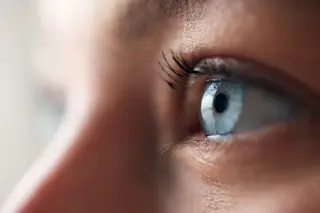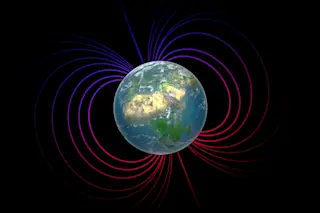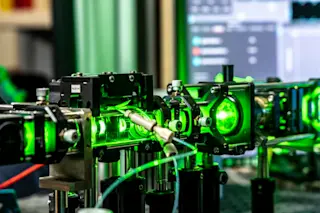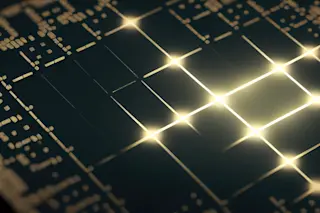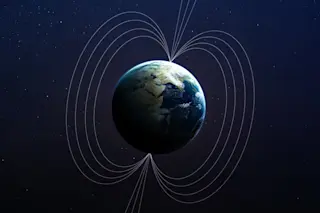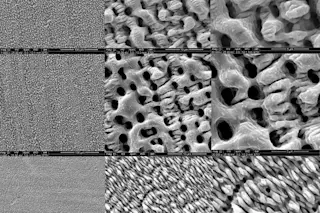Researchers at the department of Applied Physics of the Hebrew University of Jerusalem can smell a lie from a mile away. Or, at least, they can detect changes in levels of perspiration from about 10 inches away, using millions of tiny antennae that cover our bodies—sweat glands. Sweat glands, it turns out, are shaped like tiny coils. Physicist Yuri Feldman had been spending a bit too much time in the applied physics lab, and when he saw the shape he thought of helical antennae in wireless communication systems. This gave them an interesting idea: The ducts might be able to send out an electromagnetic signal, enabling remote sweat detection. Because sweat can be linked to many emotional and physiological states, this technology could be extended to create a remote health detector or, more cynically, a lie or drug detector. The researchers built a machine that could detect the radiation reflected ...
Solving Pre-Crimes By Homing in on Sweat Gland Antennae
Discover how the remote sweat detector uses electromagnetic signals to detect changes in perspiration from a distance.
More on Discover
Stay Curious
SubscribeTo The Magazine
Save up to 40% off the cover price when you subscribe to Discover magazine.
Subscribe



